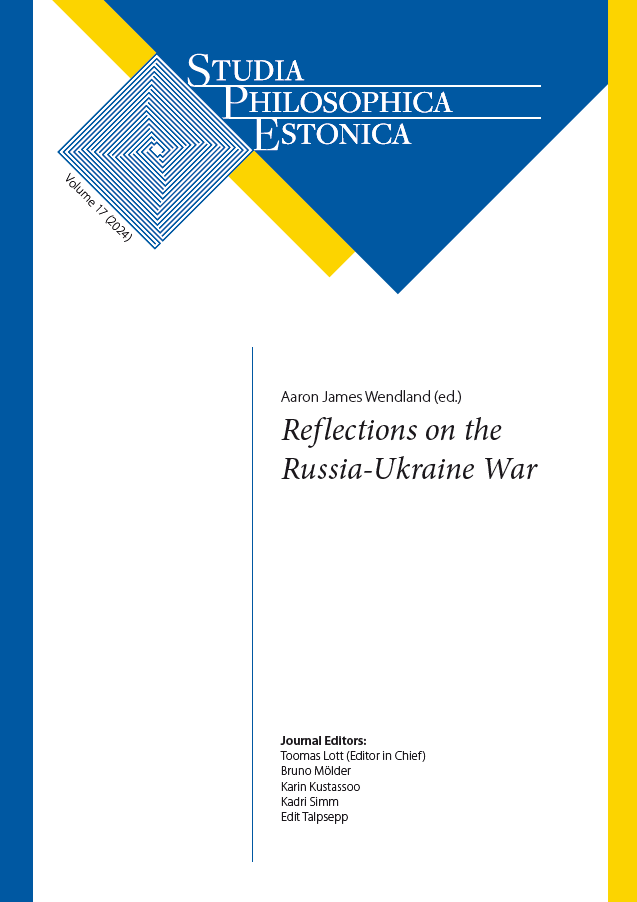Utopia, Dystopia, and Democracy: Teaching Philosophy in Wartime Ukraine
DOI:
https://doi.org/10.12697/spe.2024.17.15Keywords:
teaching, value of philosophy, democracy, authoritarianism, reasons, creativity, consolationAbstract
In this essay we explore a variety of instrumental and intrinsic values associated with teaching philosophy in wartime Ukraine. Duclos, an American, argues that teaching philosophy in Ukraine can cultivate habits of thought and action that promote democratic citizenship while opposing authoritarian dogmatism. Duclos further argues that the intrinsic joy associated with philosophical activity should not be overlooked, even in times of crisis. Conscious of Ukraine’s Soviet past, Bila, a Ukrainian, cautions against using philosophers and philosophy departments as an ideological arm of any political party. She then argues that philosophy has value as a distinct form of thinking with the power to provide consolation. Finally, she identifies philosophical activity as agent of creative change. To teach philosophy in wartime Ukraine is to advance these instrumental and intrinsic values with an eye towards influencing the Ukrainian society that will emerge after the war.





